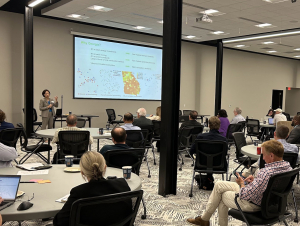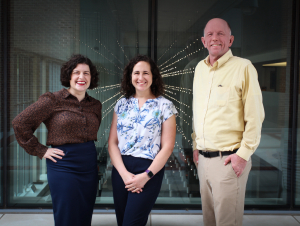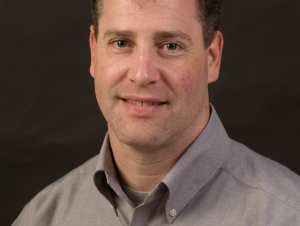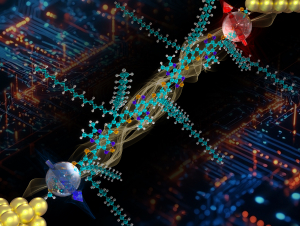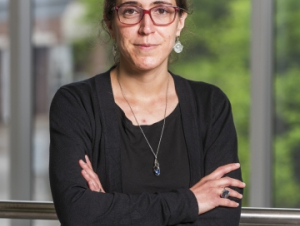To request a media interview, please reach out to experts using the faculty directories for each of our six schools, or contact Jess Hunt-Ralston, College of Sciences communications director. A list of faculty experts is also available to journalists upon request.
News Center
Experts In The News
School of Biological Sciences Professor Marvin Whiteley has been named the 2026 recipient of the American Society for Microbiology's D.C. White Award for Interdisciplinary Research. This award recognizes Whiteley’s distinguished accomplishments in interdisciplinary research and mentoring in microbiology.
American Society for Microbiology September 5, 2025Reproduction is strange in many social insects, but the Iberian harvester ant (Messor ibericus) takes the weirdness to the next level. Queens mate with males of another species and then clone them, researchers report today in Nature, which means this ant is the only known organism that propagates two species by itself. Evolutionary biologist Jonathan Romiguier of the University of Montpellier, who led the team, calls M. ibericus “in a sense, the most complex, colonial life form we know of so far.”
The finding “is almost impossible to believe and pushes our understanding of evolutionary biology,” says Michael Goodisman, an evolutionary biologist and professor in the School of Biological Sciences at the Georgia Institute of Technology who was not involved with the new research. “Just when you think you’ve seen it all, social insects reveal another surprise."
Science Magazine September 3, 2025
